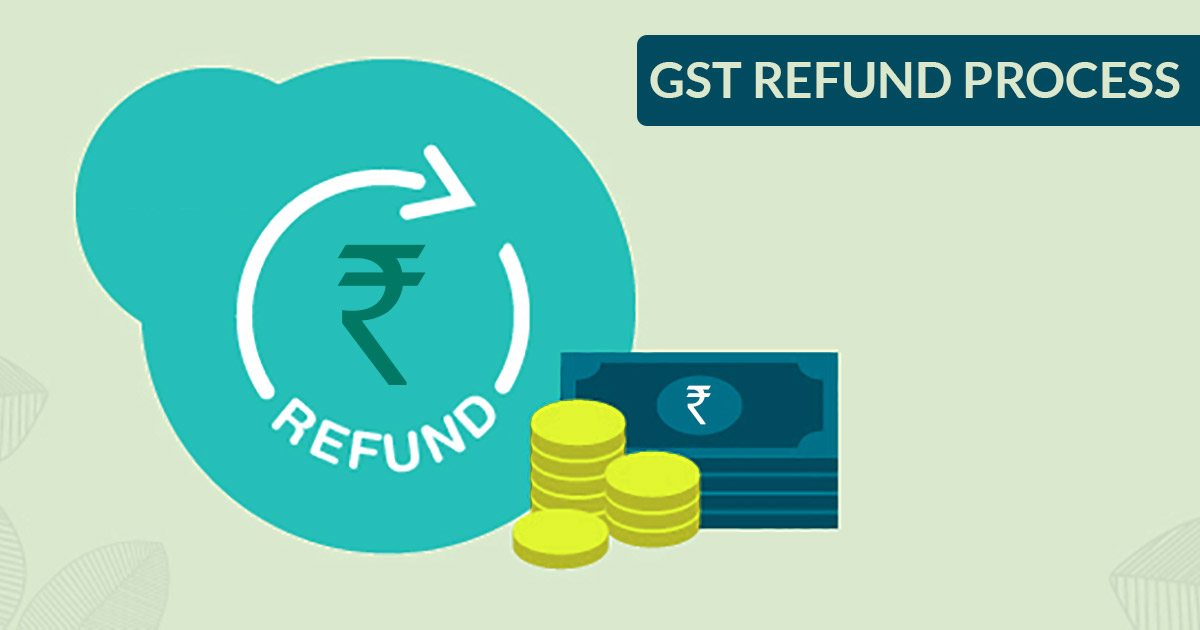The GST ACT allows foreign entities like Consulates, Embassies and other UN organizations who have made their roots in India to claim the GST which they paid. Such entities cannot be given a GSTIN number because they are not registered in India. Instead of it, they are given a UIN (Unique Identification Number) number and because of this, they are known as UIN entities.
This UIN number is only given to those entities who file invoice-level data in the GSTR 11 form which is present in the government’s official GST portal. GST authorities noticed some common differences when they were processing the refund applications. So after knowing about these differences, they thought of reducing them due to which CBIC furnished notices regarding the GST Refunds in December 2018 and among them one was for the UIN entities.
UIN Entities – Things to Note While Processing GST Refunds
In GSTR 11 Form, for every invoice, the “Place of Supply” must be reported in the form which is applied for a refund according to the CGST rule. But many UIN entities were reporting the wrong place as “place of supply” i.e. their registered state while filing their invoice instead of the original “place of supply”.
For example- if a place of supply is taken from Rajasthan but the place of supply is reported as Mumbai because the embassies are registered in Mumbai which is wrong. The place of supply must be Rajasthan.
Why This is Important?
It is important because, under the GST law, the charge of the invoice is done by the IGST or CGST / SGST as per the place of supply.
- If the place of supply is intra-state, then CGST and SGST are charged.
- If the place of supply is inter-state, then only IGST is charged.
So it is very important that the place of supply while reporting in GSTR 11 Form and the CGST / SGST or IGST charge-ability on the invoice must be entered as per the details given in the invoice which was issued by the supplier of goods or services. If it is done wrong, then the processing will take more time or even the GST refund claimed by the UIN entities can be rejected.
